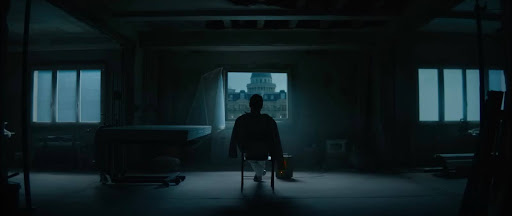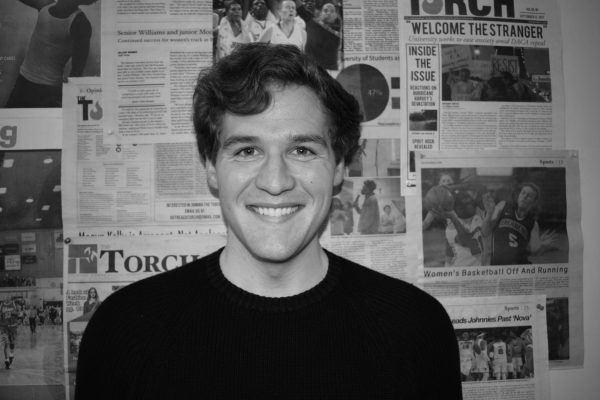
One of Netflix’s biggest films this year, “The Killer” was released to the platform on Nov. 10. The new film comes from the prolific and innovative director David Fincher, who was behind such masterpieces as “Seven,” “The Social Network” and “Gone Girl,” among others.
Beginning in Paris; the film follows a nameless hitman who botches what should have been a routine job. After this near-miss, his employers attempt to cut all ties to the job and hurt those closest to the hitman. He then embarks on a prideful international journey for revenge against those who wish him dead.
The titular “Killer” is portrayed by two-time Oscar nominee Michael Fassbender, who makes his return to the big screen after four years with one of the best performances this year and of his career. Fassbender brings the cold and calculating demeanor required for this role, while also exhibiting the apathy he preaches in his incessant inner monologues. Aside from the long speeches to himself, Fassbender is mostly silent, which leads to the phenomenal physical performance he gives.
Fincher and screenwriter Andrew Kevin Walker use this somewhat generic story to delve into one of Fincher’s fixations across his career: hyper-masculinity. It’s seen in more explicit detail with his newer films “The Girl With the Dragon Tattoo” and “Gone Girl,” but this fascination began with his most iconic work, 1999’s “Fight Club,” which saw Fincher completely tear down and poke fun at the same incel community that praises the film.
In this new film, Fincher and Walker turn for a more poignant critique of toxic masculinity, touching on tropes like the white savior in the process. Much of this outlet comes from the protagonist’s disturbing inner monologue that is reminiscent of other incel icons, like Holden Caulfield and Travis Bickle. He details the monotonous day-to-day of a hitman and expands on his twisted and nihilistic worldview in his extensive opening address to the audience.
He believes that karma, luck and justice don’t exist and whatever work he’s done as a hitman won’t make a dent in the world. This ongoing conversation with himself begins to change as his ideals are tested and instead of becoming more human, our protagonist shields himself in more apathy. He even says “normies” at one point in the third act, harkening back to the lingo used by basement dwellers.
In her lone scene, Tilda Swinton as the unnamed “Expert” steals the show and completely unravels The Killer’s ideals. Her mysterious character adds the combative edge to The Killer’s narrow-minded worldview that was desperately needed. She questions his sexuality and his pride and then turns the tables showing that they are not different. After this scene our protagonist’s arrogance rings true and his fragility is put on full display.
The film’s soundtrack being almost completely from “The Smiths” is just another angle of this commentary on toxic masculinity. The frontman of The Smiths is none other than right-wing rockstar Morrisey, who has become synonymous with misogyny, racism and everything in between. Having his voice constantly in your ear was no doubt a conscious decision from Fincher.
Other aspects of this film are flawless as well, with cinematographer Erik Messerschmidt’s exceptional constant shifting of focus behind the camera.. Frequent Fincher collaborators Trent Reznor and Atticus Ross also returned to compose this film. While their score isn’t as memorable as their other work it still gets the job done at adding tension to some key scenes.
Overall, David Fincher’s “The Killer” is an addition to legendary filmography but a standout in a tired genre. It surely is one of the best films of the year.








